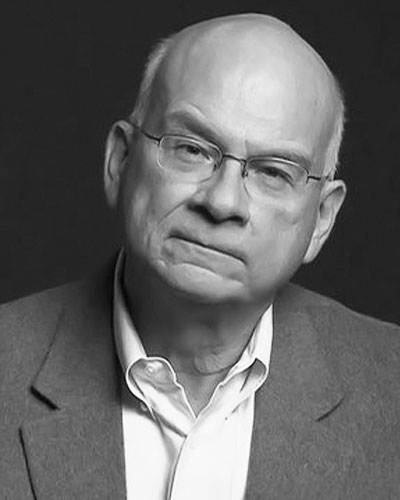Paul’s statement that an overseer must be “the husband of but one wife” seems clear, but there has been considerable debate about Paul’s precise message. Literally, the Greek says an overseer must be “a one-woman man.” This short remark can mean one of four things:
Option 1: Paul believed overseers had to be married men. Of course, most Christian leaders are married, but why would Paul make this an absolute requirement? After all, he was single himself and he was an overseer of the church. Further, Jesus, the supreme leader of the church, was unmarried. Surely we don’t want to say that Jesus lacked the necessary qualifications to lead (it’s not a good idea to present leadership criteria that Jesus doesn’t meet). Finally, Paul commended celibacy for those with the gift, because it increases freedom for service (1 Cor. 7).* So Paul must have meant something else.
Option 2: Paul believed overseers may marry only once in a lifetime. That is, any man who has divorced and remarried cannot be a Christian leader. Certainly, divorce is a great evil and the leadership potential of an adult Christian is damaged by it. But the problem with the once-in-a-lifetime view is that it also forbids widowers from marrying, and that seems like a gratuitous legalism. The Bible grants widows and victims of infidelity the right to remarry elsewhere (Matt. 19; Rom. 7; 1 Cor. 7), and Paul would not contradict that.
Option 3: Paul believed overseers must be monogamous. This is certainly true; polygamy was already illegal in the Roman Empire and very few practiced it at that time. Why would Paul bother to forbid a sin no one committed? Again, he must have had more in mind.
Option 4: Paul believed overseers must be faithful husbands. Leaders must be monogamous (above), but more, they should be exemplary husbands. This makes sense in both Paul’s day and our own. A very similar passage in 1 Timothy 5:9 supports this view. There Paul says a widow who receives financial aid from the church should have been “the wife of one husband” (esv). The Greek reads: “a one-man woman.” In context, this clearly means she was a faithful wife. Here, at last, a familiarity with country music promotes Christian thinking. Paul is describing what country music might call “a one-man woman,” as in the saying, “I was a one-man woman, but he was a twotimin’ man.” When Paul requires a leader to be “the husband of but one wife,” it means he should be a “one-woman man”; that is, a faithful man.
From time to time, a man sidles up to me and complains, “I just don’t understand women,” as if his ignorance of the female of the species accounts for his marital woes. But this is a mistake. Husbands, Paul does not ask you to understand “women” as if they were a field of academic study. You must first know, love, and serve one woman, your wife, working to understand her and use your knowledge to love her in every way. After that, perhaps we can try to understand, love, and serve the other women God places in our lives.
* If someone wants to read 1 Timothy 3:2 hyper-literally and demand that elders have one wife, then they should also require that elders have two or more children, since 3:4 says elders must keep their children in respectful submission.
This excerpt is taken from The New Man: Becoming a Man After God’s Heart by Daniel M. Doriani









